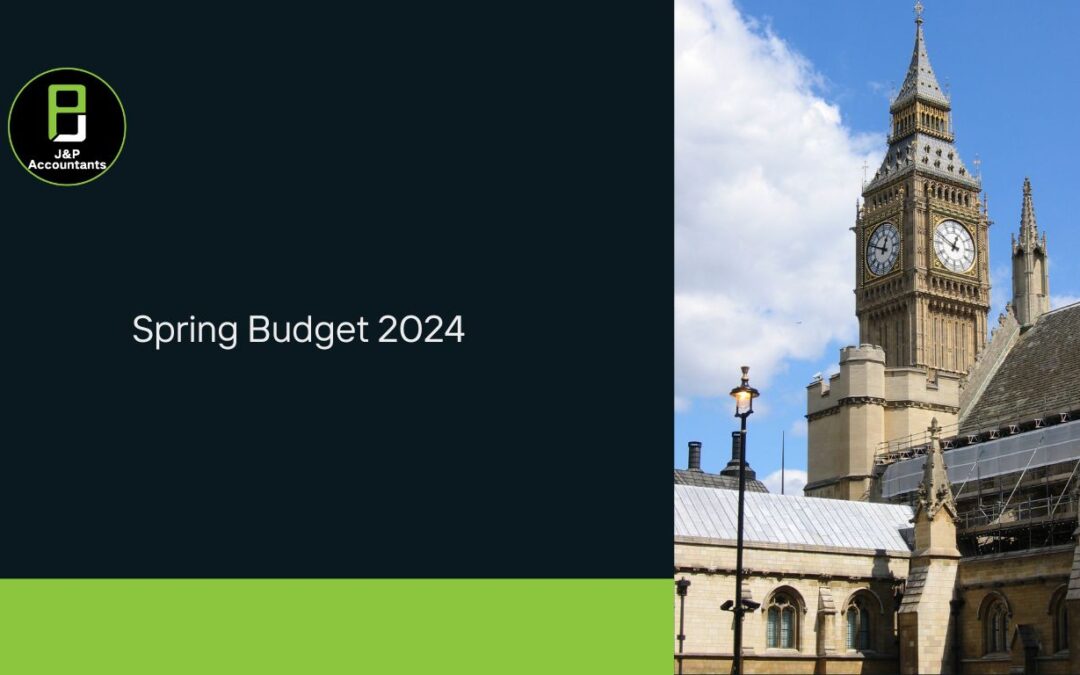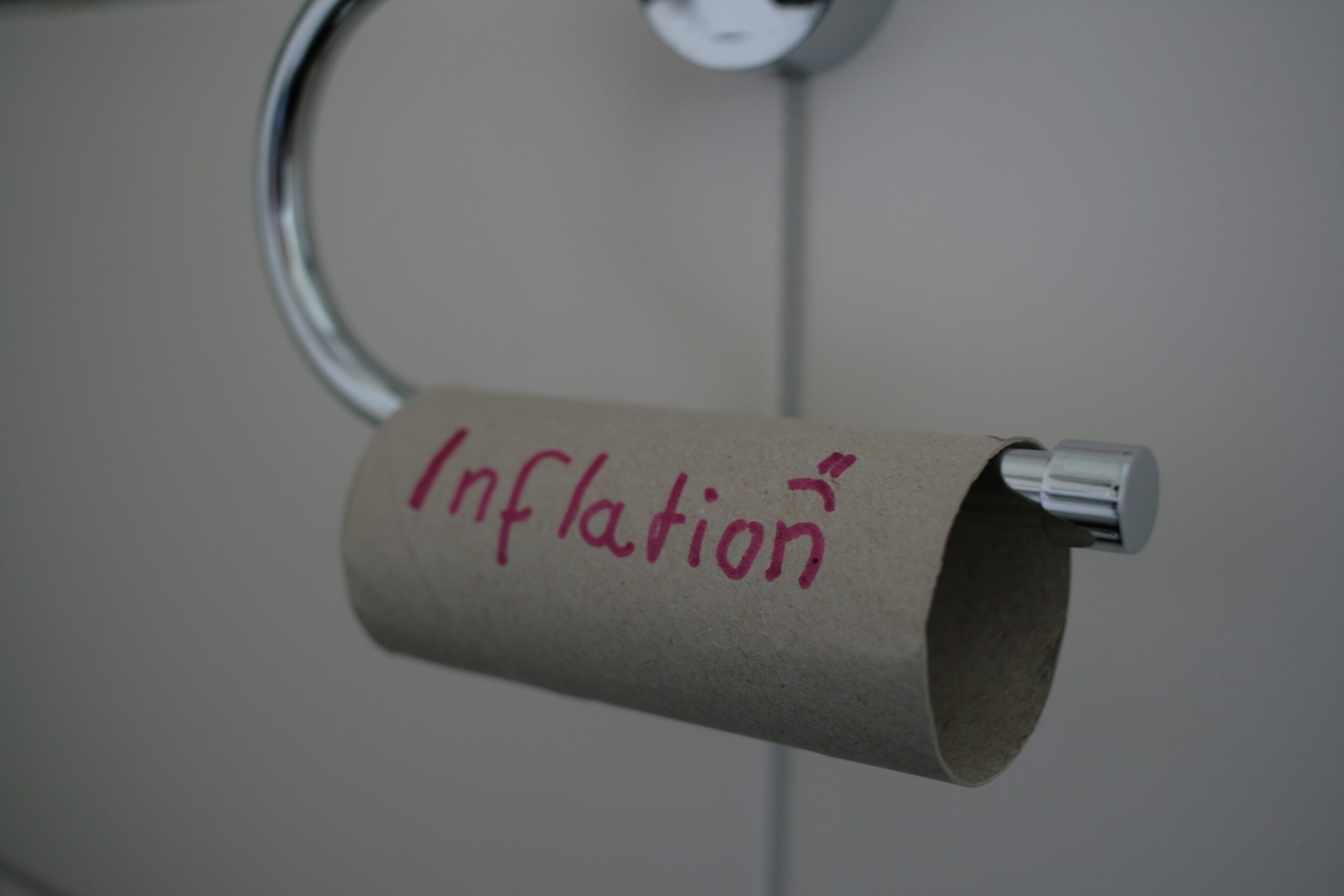On March 6, 2024, the Chancellor unveiled the UK Spring Budget, making adjustments to some tax policies.
This budget announcement is deemed a crucial step in shaping the future of the British economy, sparking widespread attention and discussions.
Amidst the multiple challenges faced by the global economy, the implications of this measure on various sectors of British society have become the focal point of public scrutiny.
Inflation is poised to return to 2%
Following earlier discussions about the inflation rate dropping from 11% last year to the current 4%.
However, according to Hunter, it is anticipated that the inflation rate will decrease to 2% in the coming months.
This is a year earlier than previously forecasted in the autumn statement.
Given the potential for shifts in the current trajectory of the UK economy, it’s important to note that this remains a prediction.
Further reductions in National Insurance contributions are on the horizon
As mentioned in last year’s autumn statement, adjustments to the National Insurance were already on the fiscal agenda.
Currently standing at 10%, the National Insurance rate has provided some households with financial relief. As anticipated, this budget will see a reduction in National Insurance to 8%, effective from April.
This change is expected to boost the take-home pay for UK employees, with individuals earning an annual salary of £35,000 projected to save £450.
VAT registration threshold increased to £90,000
The Value Added Tax (VAT) registration threshold is set to increase to £90,000 in the UK, starting from April.
This marks an upward adjustment from the previous threshold of £85,000.
Hunter stated that the UK is gearing up for full cost recovery, aiming to attract more major economies from Europe.
Simultaneously, this change is expected to alleviate operational pressures for small businesses.
Fuel tax remains frozen
Fuel tax remains frozen, providing relief for all vehicle owners concerned about the cost of fuel.
In addition to the freeze, the previously scheduled “temporary” 5-pence fuel tax reduction plan will be extended.
Starting next year, ordinary motorists can expect to save £50 as a result of this policy extension.
A new tax on vaping products
Starting from October 2026, a new tax will be imposed on all vaping products in addition to the existing Value Added Tax (VAT).
Simultaneously, there will be a one-time increase in tobacco duty.
This policy shift aims to discourage non-smokers from taking up vaping products and serves as a protective measure for potential users.
Abolishment of non-dom status
The “non-dom” break will be abolished after four years.
Previously, only “non-locals” living in the UK did not pay income tax on overseas income.
From April 2025, new immigrants to the UK will not have to pay tax for the first four years they live in the UK.
After four years, however, these residents will have to pay all taxes along with other residents.






